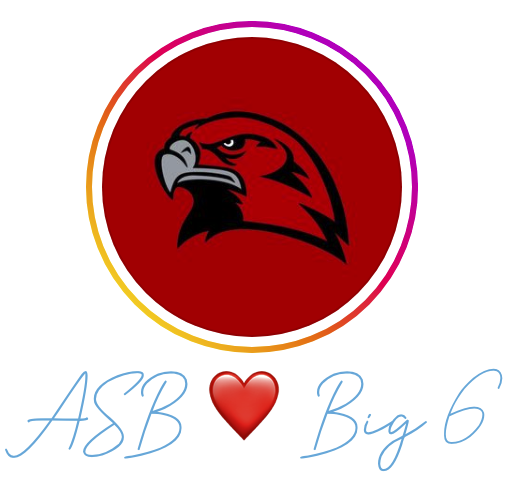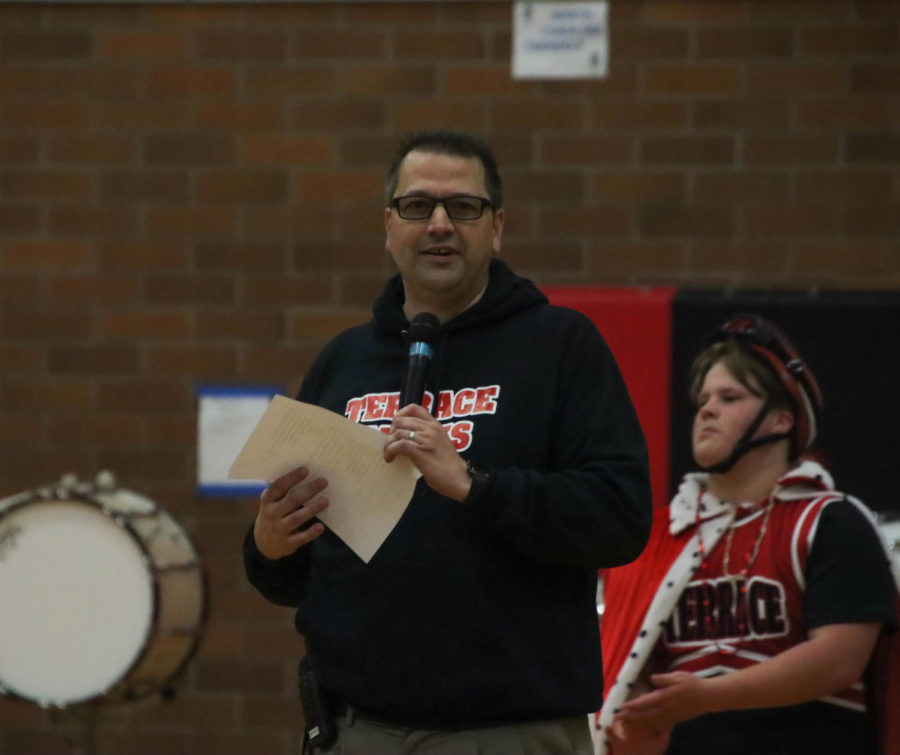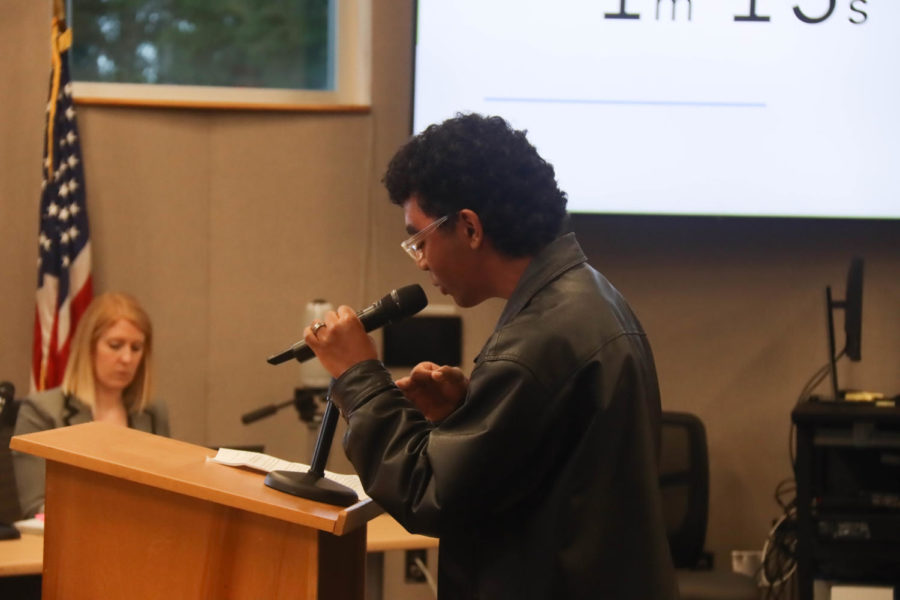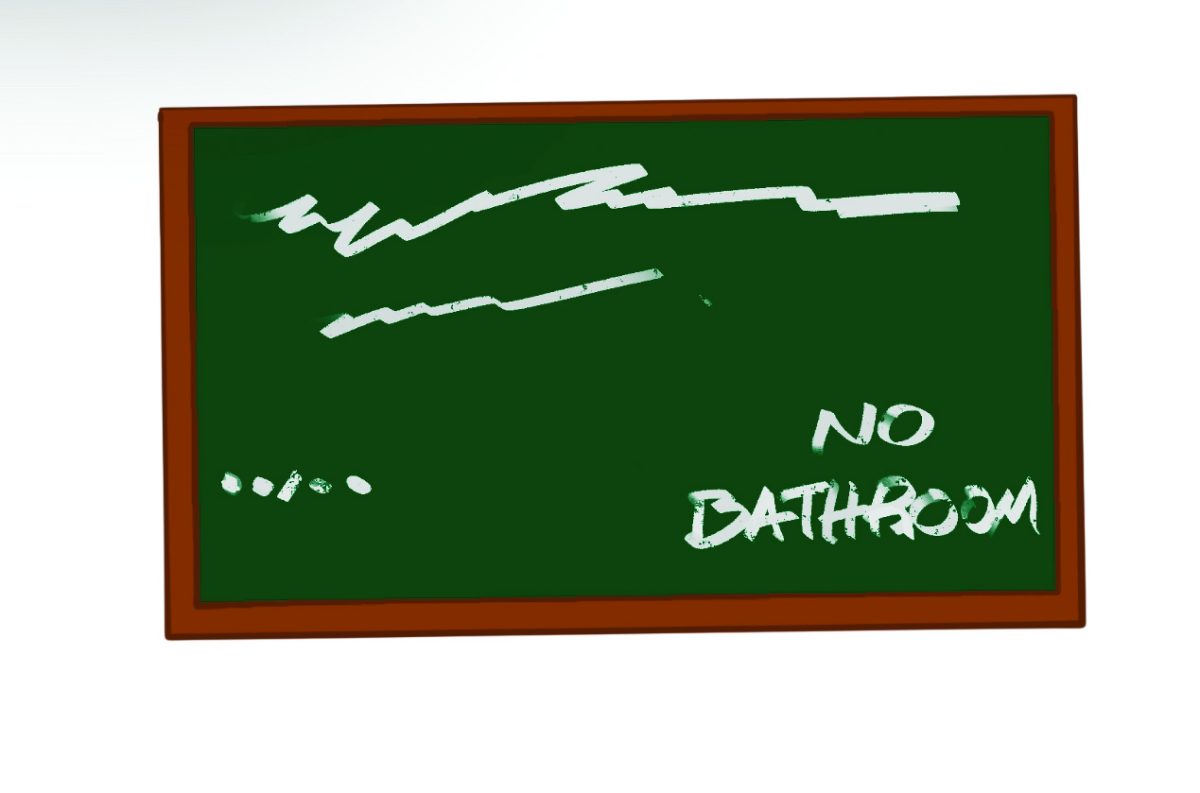I was looking through my files in preparation for writing my letter to all of your for the upcoming edition of The Hawkeye and I came across something I wrote last year about building relationships with your teachers.
As I reread this, it got me to thinking about some situations I have been involved in recently working with students who have had disagreements with their teachers. In working with them, one of the things I observed is that students often get themselves stuck with teachers because they don’t really understand how to disagree.
Now, I’m sure you’re saying to yourself, “What do you mean, Schwab. I know how to disagree. I do it all the time.” I know that we all know how to disagree. That’s not what I’m talking about. What I am talking about is the art of disagreeing.
There are ways to disagree that are more effective than others and can lead to positive resolution. Many of us tend to shy away from disagreements when things don’t go our way. Or worse, we “lose it” with the person we are disagreeing with and nothing gets resolved.
Why? Because we were not able to communicate in a productive way with the person the disagreement was with. If we only had some tools to use when we disagree, we would be able to keep disagreements constructive. Here are some things I have learned that I want to pass along.
1. Don’t make the disagreement personal. When we get upset with someone, we tend to personalize the issue and make it about them. That teacher gave me a low grade on the project because she doesn’t like me. I hear this all the time. Rather than focusing on the person, try to focus on the issue—in this case, the low grade.
2. Don’t put down the other person’s ideas or beliefs. When we disagree with someone, we disagree with their ideas and beliefs. But you need to remember that the other person is entitled to think a certain way. You need to be willing to listen to and think about the other perspective. It’s ok to disagree with another person’s perspective, but resist the temptation to use sarcasm or put downs in response.
3. Don’t blame the other person. When we disagree with someone, it cam be really easy to say, “You did this to me.” Instead, trying putting the focus on you by saying things like, “I feel frustrated because of the grade I got on this assignment.” Again, it keeps the focus on the issue and not the person.
4. Listen. Simple enough, but we often overlook this tool in our desire to be right. Sometimes the best thing you can do is say nothing and allow the person with whom you are disagreeing to say what they need to say.
5. Stay calm. In the heat of the moment, it can be really easy to let emotions rule when we feel angry about an issue. But staying calm is really the best thing because you stay in control, you come across as mature and rational. You are much more likely to be heard when you stay calm.
Disagreements will happen. It is human nature that we will disagree with others from time to time. I hope you find these tips useful when you find yourself in a situation where you disagree with someone, whether it be a teacher, a parent, or a friend.
Categories:
How to disagree
By Principal Schwab
•
January 14, 2010
Story continues below advertisement
Tags:
0
More to Discover










